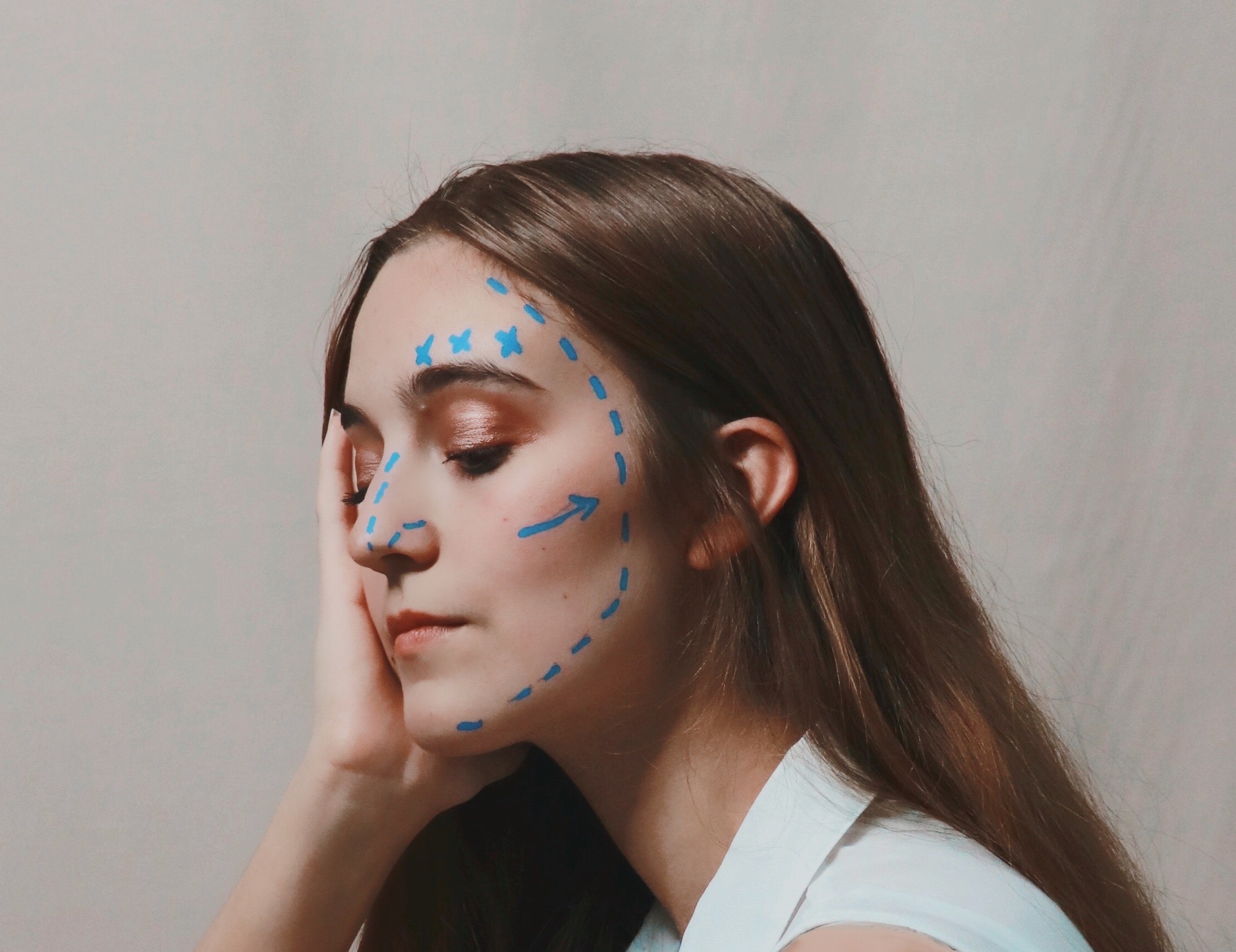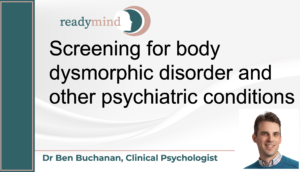Ahpra releases their report on regulation in the cosmetic industry
The Australian Health Practitioner Regulation Agency (AHPRA) released their report following an independent review into regulation of medical practitioners who perform cosmetic surgery, which had been initiated on the 30th November 2021. The review came after extensive media coverage regarding cosmetic ‘cowboys’ who have been practicing cosmetic medicine almost completely unregulated, placing profits ahead of patient safety.
The review involved extensive consultation with healthcare professionals, consumers, regulatory bodies and experts in the field to inform the final 16 recommendations which are aimed at improving patient safety in the cosmetic industry. Dr Toni Pikoos, ReadyMind Co-Founder and clinical psychologist provided recommendations as part of the review and was a member of the Consumer Advisory Reference Group, advising on how reforms may improve psychological safety in the industry.
Many cosmetic consumers gave evidence in online and focus group submissions to the review, reporting on the psychological fallout that they experienced when cosmetic practitioners were not practicing safely. In our clinical work, we regularly come across individuals with Body Dysmorphic Disorder (BDD) or other significant mental health issues who have had a cosmetic surgery which they weren’t satisfied with, or contributed to worsening symptoms, but were never asked about their mental health history pre-operatively.
Dr Pikoos, along with medical indemnity insurers, the Australian Foundation of Plastic Surgeons and other submissions from healthcare professionals advocated for clearer guidelines around psychosocial screening for cosmetic procedures.
Dr Pikoos argued that “the current guidelines do not provide sufficient guidance to safeguard the psychological wellbeing of clients seeking cosmetic procedures. For example, psychological factors such as body dysmorphic disorder (BDD), anxiety, depression, obsessive-compulsive disorder and personality disorders are known to increase the risk of poor cosmetic treatment outcomes and may potentially worsen psychological functioning for these patients. While the current guidelines recommend referral to a mental health professional if these issues are identified, many practitioners who provide cosmetic procedures may not have had sufficient training to assess for these issues.”
The Australasian Foundation for Plastic Surgery put forth that, ‘The current guidelines do not address the medical practitioner’s level of training/or lack thereof in relation to the psychological assessment of the patient’. They recommended introducing requirements for appropriate CPD training for practitioners about patient selection and the psychological vulnerability of patients.

The report concluded that the Medical Board of Australia guidelines should be updated, and that medical practitioners delivering cosmetic procedures should use and document a validated screening process to assess the psychological wellbeing of patients prior to surgery. In turn, this increases accountability to the practitioner and can be referred to in the event of post-operative complications, complaints or legal issues. While there is a way to go in implementing these recommendations, the AHPRA review is a step in the right direction to improving the standard of the cosmetic industry and safeguarding patients.
At ReadyMind, we develop automated psychological assessment tools to assist cosmetic practitioners in assessing their patient’s psychological needs. We also regularly provide training and workshops to cosmetic professionals about the psychology of the aesthetic patient, Body Dysmorphic Disorder (BDD) and practical strategies on how to screen and refer patients who might benefit from further assessment by a mental health professional. Check out our list of services or get in touch today to see how we can support you and your business to get ahead of upcoming changes in the regulation of the cosmetic industry.



